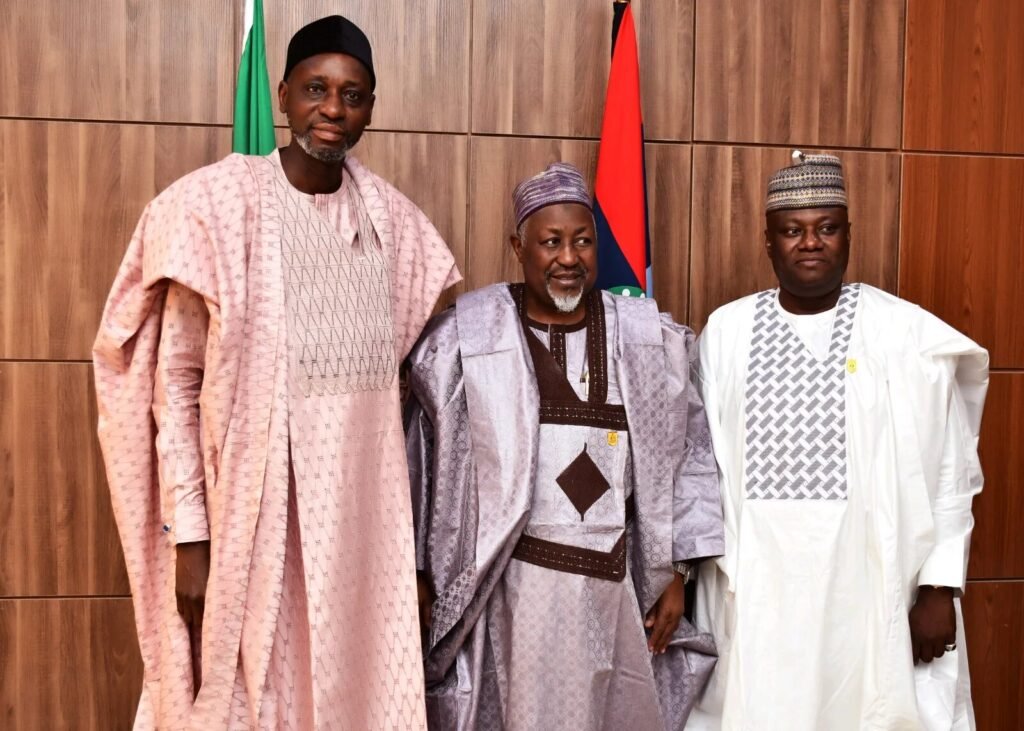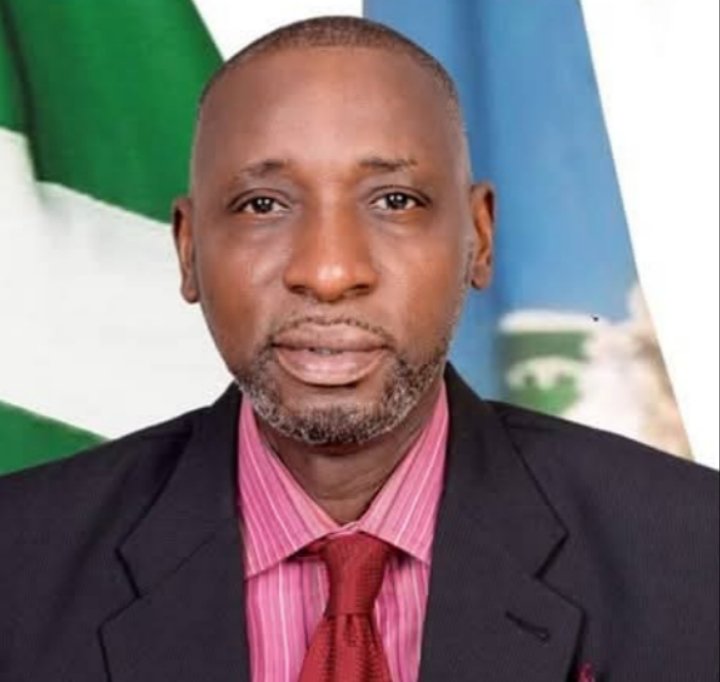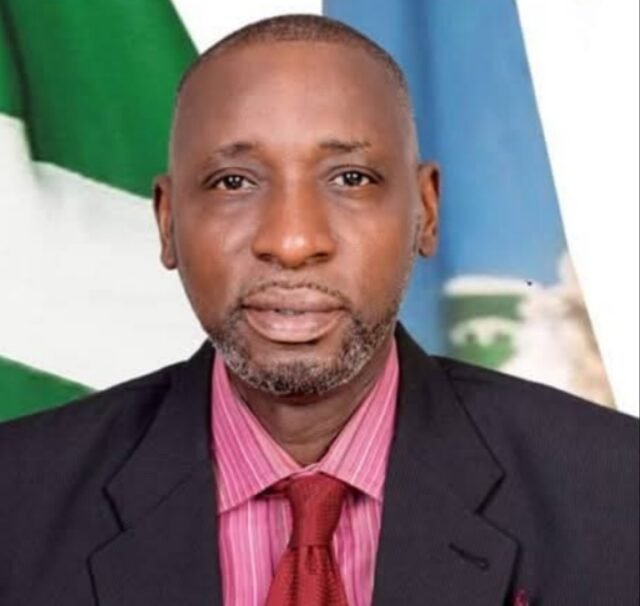The Director-General of the National Institute for Policy and Strategic Studies (NIPSS), Prof. Ayo Omotayo, has issued a stark warning: African nations risk being left behind in the global race to modernise unless they urgently scale up investment in innovation, human capital and institutional strength.
In a policy paper titled “Working Together to Advance Modernisation: A Shared Vision and the Path to Development”, Prof. Omotayo argued that modernisation in the 21st century is no longer driven solely by industrial growth. Instead, he emphasises, the real drivers are research, strong institutions, digital inclusion, and a skilled workforce.

Table of Contents
The Innovation Shortfall: A Critical Challenge
One of the most alarming points in Omotayo’s analysis is what he calls Africa’s “critical innovation deficit.” He highlights that African nations in total spend only around 0.5 percent of GDP on research and development (R&D) — markedly below the global average of 2.3 percent..
He further notes that sub-Saharan Africa contributes less than 1 percent of global research output, despite having a youthful population and rapidly increasing digital connectivity.
“Such low levels of investment are not consistent with any serious vision for modernisation,” Omotayo warns. Without deliberate, long-term funding for innovation, he says, Africa cannot hope to build a competitive digital economy or a resilient industrial base.
Learning from East Asia: A Model for Growth
To underscore what’s possible, Omotayo points to the development trajectories of East Asian countries like South Korea and Singapore. He praises their deliberate policies — building research institutions, supporting innovation hubs, and investing in digital infrastructure from an early stage.
These countries, he notes, laid the foundation for sustainable economic growth by prioritising not just manufacturing, but also the capacity to generate and apply new ideas. For Africa, he argues, emulating that model means more than just catching up — it means leapfrogging into a new era of development.
The Role of Think Tanks and Knowledge Institutions
Prof. Omotayo also makes a compelling case for think tanks and policy research organisations as engines of transformation. He believes they are critical for shaping evidence-based governance, strategy, and long-term national planning.
But here, too, he sounds a cautionary note: these institutions “cannot meaningfully contribute to national growth without adequate funding.” Weak knowledge infrastructure — he argues — undermines policy-making and limits the influence of forward-thinking ideas.

The Path Forward: Strategic Investment and Policy Reform
In his policy paper, Omotayo lays out a multi-pronged strategy for driving modernisation across the Global South, including Africa:
- Increase R&D funding: Governments must prioritise long-term investment in science, technology, and innovation, both in public and private sectors.
- Strengthen institutions: Building robust think tanks, research centres, and policy institutes will generate the intellectual capacity to guide development.
- Expand digital access: Improving internet infrastructure, broadband connectivity, and digital literacy is critical so that people can fully participate in the modern economy.
- Develop human capital: Training, education, and skills development will equip populations to compete globally in high-skill industries.
- Localise industrialisation: Invest in manufacturing, agriculture, and other sectors within Africa to help countries capture more value locally.
- Leverage trade frameworks: Omotayo highlights the African Continental Free Trade Area (AfCFTA) as an opportunity — if countries build the capacity to take advantage of it.
A Moment of Choice for the Global South
Prof. Omotayo insists that the Global South — and especially Africa — stands at a pivotal moment in history. He calls on policymakers, private sector actors, and civil society to adopt a deliberate, well-funded, and institution-centered vision for modernisation.
“This is not about catching up by accident; it’s about designing our own pathway to progress,” he says. Without that shared vision, he warns, the continent risks being perpetually relegated to the periphery of global innovation.
Why This Matters: Broader Implications
The urgency in Omotayo’s warning is backed by wider concerns raised by experts across Africa:
- Stakeholders have recently cautioned that the continent could fall further behind in the global AI race, especially without strengthening regulation, capacity building, and digital education.
- Technology analysts note that e-governance adoption in Nigeria has saved billions through improved systems, but persistent distrust and privacy concerns remain a barrier.
- Some experts also point to a sustainable technology gap, warning that without green innovation, African nations may miss the benefits of clean energy and more resilient infrastructure.
These perspectives echo Omotayo’s call for a holistic, innovation-driven development agenda — one that goes beyond mere digitisation to build resilience, equity, and long-term growth.

Conclusion: Urgent Call to Action
Prof. Ayo Omotayo’s message is both urgent and hopeful. He is sounding an alarm — Africa must invest more in research, in institutions, and in its people — but he is also offering a roadmap rooted in deliberate policy and shared vision.
If African governments, private sector players, and civil society heed his analysis, there’s a real opportunity to harness the continent’s youthful population, digital adoption, and growth potential. But time is not on their side.
In the global push for modernisation, Africa cannot afford to be a bystander. It must be a deliberate, self-determined architect of its future.
Join Our Social Media Channels:
WhatsApp: NaijaEyes
Facebook: NaijaEyes
Twitter: NaijaEyes
Instagram: NaijaEyes
TikTok: NaijaEyes
READ THE LATEST EDUCATION NEWS





